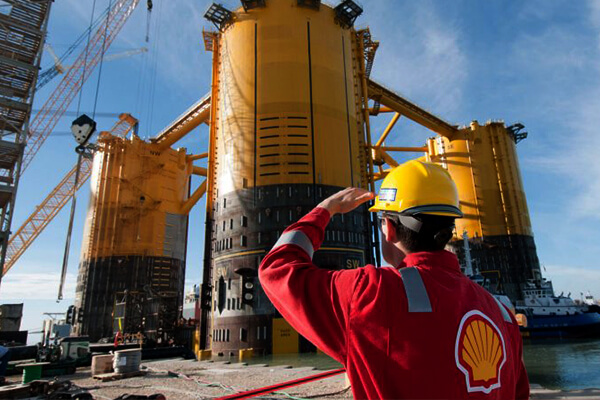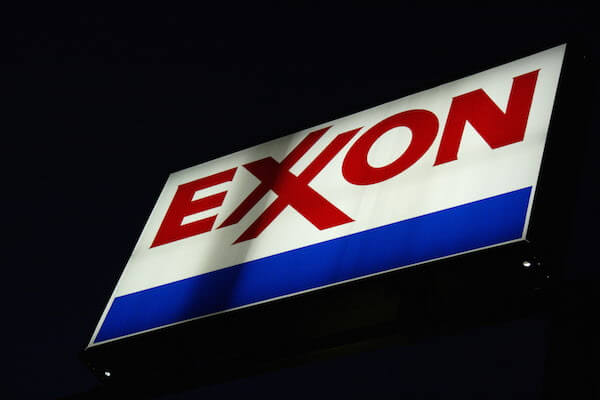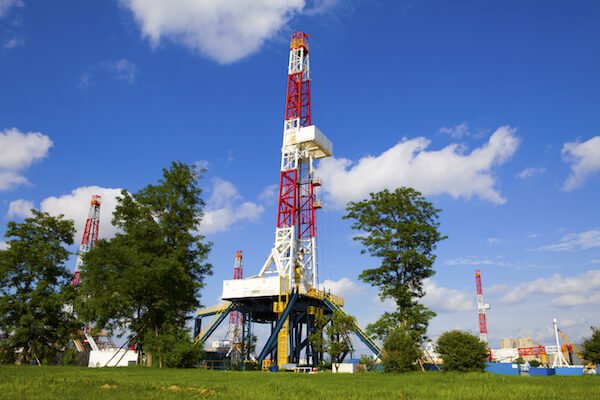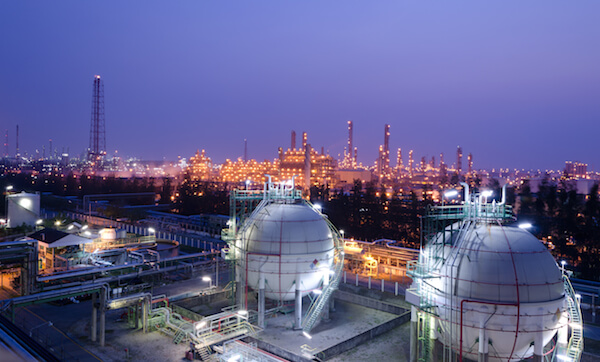Mexico’s Carlos Slim says best wall for Mexico and U.S. is investment, opportunities
MADRID (Reuters) – Mexican tycoon Carlos Slim said on Tuesday that the best wall between Mexico and the United States was investment and job opportunities, referring to the U.S. President Donald Trump’s promise to build a border fence between the two countries.
“The best wall is investment and creating opportunities in Mexico,” Slim said during an strategy conference for the Spanish builder FCC (MC:FCC), of which he is the main shareholder, in Madrid.
Slim also noted that the United States and Central American countries need to make deals on investment and not just for trade.





